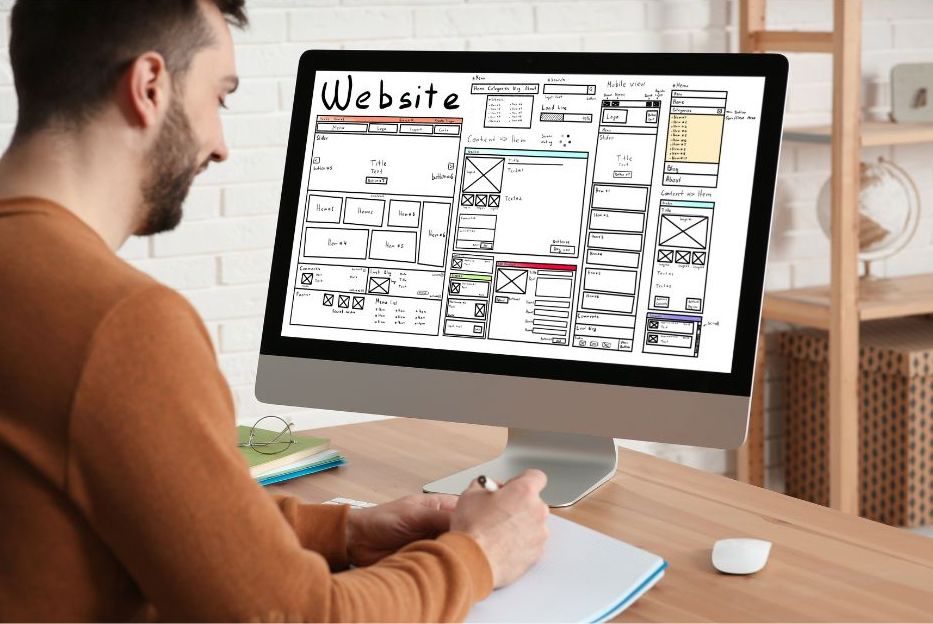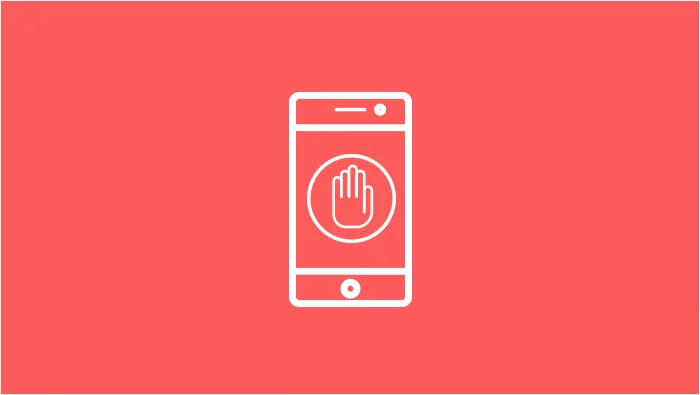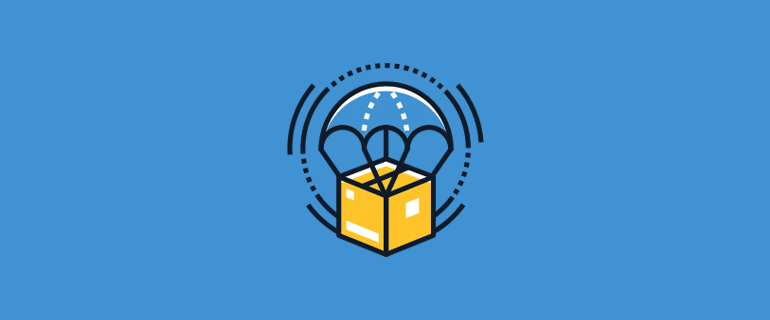WordPress is one of the most popular site-building and content management systems in use today. While it’s relatively easy to use, there are still some common mistakes that WordPress newcomers make. In this blog post, we’ll take a look at some of the most common WordPress mistakes and how you can avoid them.
WordPress is a popular site-building and content management system
If you're like most people, you probably started using WordPress because it was easy to use and didn't require any coding knowledge. However, just because WordPress is easy to use, doesn't mean that there aren't some common mistakes that users make.
No Backups
You're making a huge mistake if you don't have a backup solution in place. A lot of people mistakenly believe backups are for only for tech-savvy folks. If you make a simple mistake, it can quickly turn into something worse without one. You might forget to pay your hosting bill or your server might crash, and without a backup these things can be catastrophic. If you're uncertain about your current situation, check with your hosting provider.
Some hosts like Media Temple offer automatic nightly backups, while others don't. But that's not the only option. Backup plugins like Backup Buddy and Updraft both allow you to create your own backups and automate future processes. There are other plugins out there that let you export your backups to Google Drive, Dropbox, or OneDrive, among other platforms.
Not Doing Backups Before Running Updates
Software updates are a necessary part of the online world we live in and even WordPress itself goes through core updates every so often. Before you update your software on WordPress, make sure you take a backup. The intent is to have a rollback point should any issues arise. If you’ve been running into internal WordPress updates, this is the perfect time to hire an experienced WordPress developer who can fix all the bugs that have been introduced with the new features.
Lack of Staging Environment for Testing
One of the most important things you can do is test your website when it's undergoing changes or updates. If you test any updates on a live website, this can cause problems for your users, who might end up dealing with something broken before you even know about the issue.
This is especially true for people who are not developers and are just trying to figure out how to read and write code from Google. A trial-and-error DIY approach may work in the beginning, but it can lead to breaking the site. If you're not a developer, you won't be able to fix these issues by yourself. With a staging environment, you'll be able to identify the issues before pushing them live. (Some hosts provide free staging environments with their plans.)
Lack of A Child Themes
If you’re using a WordPress theme, it’s a good idea to use a child theme. Whenever you make code changes to your website, you need to remember to change the correct theme. A lot of websites are built from themes and often have very little original content, which means they depend heavily on the functionality and appearance of the theme. If a theme is updated, any custom code changes are overwritten and lost. This is why you should make sure your changes are in a child theme. You can then update the parent theme without losing the custom code you’ve created.
A Plugin for Every Problem
There are tons of tools and plugins available in the WordPress community, but this customizability can also lead to performance issues. Make a deliberate effort to only install the plugins that you really need and actually use, and remove the ones you don’t. If you can’t quite manage your plugins on your own, a WordPress developer can help you with troubleshooting.
Website Performance
Images are a large hindrance to page performance. If you don’t optimize your images well, you could risk hurting your page performance and loading times. And in the era of Google’s new ranking factors, Core Web Vitals, this is more important than ever.
WP Smush (Pro) is the most effective way to reduce page weight without compromising image quality. It’s worth the $5/month subscription.
High page blocking time or a high number of HTTP page requests will also affect page performance. WP Rocket has features like CSS and JavaScript aggressive caching which can help improve performance scores. It’s one of the fastest ways to improve performance scores.
While performance can be improved on an individual site with various tools and plugins, a full performance audit is necessary to understand what issues need to be addressed and in what order. Google’s PageSpeed Insights and GTMetrix both offer detailed, actionable reports that you can use to launch specific efforts to improve your site’s speed. If any of the performance reports show complicated issues that can only be resolved by developers, simply invite one over to help. They will jump at the chance to work with you as you already have the audit results in hand.
Lacking a WordPress Expert on Your Team
Small businesses that might not be able to afford a dedicated in-house developer can outsource any WordPress issues to Codeable, a marketplace for freelance developers. It’s not just about having someone to help you with your website, it’s also about routinely checking in on the website. Routine checks are important for everyone but are especially important for DIY web owners. Don’t let your code get rusty, maintain your website, and avoid penalties associated with neglecting to do so.
We might not be able to run these kinds of services on our own, but that’s what developers are for. They can take care of any WordPress issue you have, and they can make sure your website is functioning properly afterward.
The best reason to have a well-vetted freelancer on speed dial is in case something urgent happens. For example, you can’t expect them to respond to you at 2 a.m. in the morning if you need help with something urgent, but they can be there for you first thing in the morning. I often see people posting projects with the subject line “URGENT” because they start looking for help only when something negative impacts their business. It’s every freelancer's desire to help, but not all want to be introduced to a client and their site with that kind of urgency already on the table.
Conclusion
Empower yourself, check out these errors and make sure you don’t make them on your website.

Nadejda Milanova
An experienced Content creator in the field of Search Engine Optimization (SEO) and WordPress. A true proffesional with a Master's degree focused on journalism.
Read more by Nadejda Milanova





